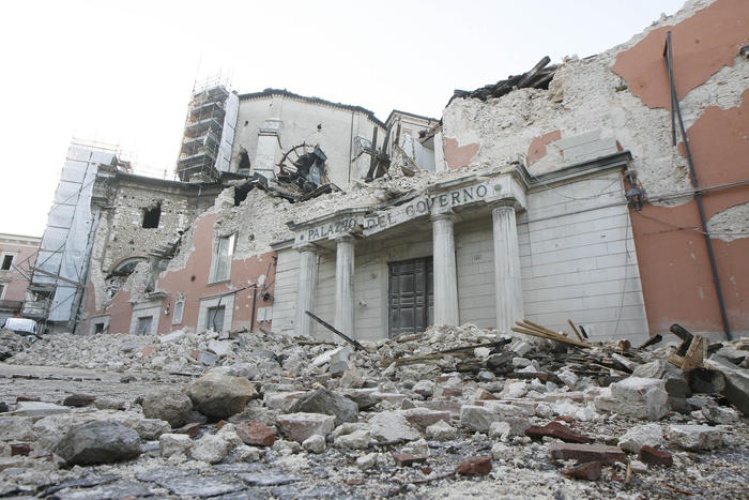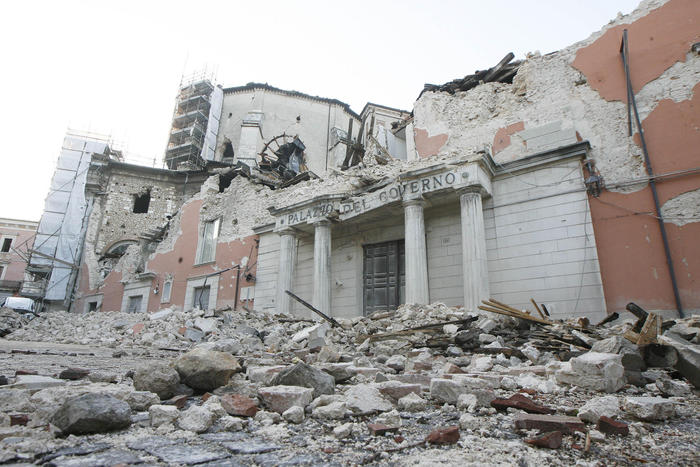A ruling in a civil case related to the 2009 L’Aquila earthquake in which 309 people died, that in part blames some of the victims of the disaster, has provoked shock and outrage.
The sentence regarded a suit for millions of euro in damages presented by some of the relatives of 24 people who died in a building in the centre of the Abruzzo capital early on April 6, 2009.
The judge said these people should have left their accommodation, rather than staying inside, after two strong tremors, one at 23:00 and the other at 01:00, before the deadly quake hit at 3:32.
As a result, it said that the victims had a share of the blame that amounted to 30 per cent due to this “incautious” behaviour, meaning that the compensation was to be reduced by this degree.
The victims’ relatives sued the heirs of the building’s constructor, who has since died, due to irregularities in how it was built and the interior ministry and the transport and infrastructure ministry, and the city council for failing to conduct the proper oversight.
The court ruled that the two ministries each had a 15 per cent share of the blame, the constructor 40 percent, and it dismissed the case against the city council.
Maria Grazia Piccinini, a lawyer and the mother of Ilaria Rambaldi, a 25-year-old student who died in the quake, said the ruling was especially surprising as experts had played down fears about a possible disaster during seismic activity in the run-up to it.
Indeed, seven members of the Major Risks Prevention Commission were convicted over the information people received before the quake.
But those rulings were all subsequently quashed, except for that of Bernardo De Bernardinis, former vice-president of Civil Protection Agency’s technical department, whose conviction was upheld by the Supreme Court, while the term was reduced.
“This sentence astounded us,” Piccinini said.
“Where is this share of the blame? Even the Supreme Court upheld the conviction of one of the members of the Major Risks Commission.
“How can you say today that these young people should have been outside when everyone remembers the reassurances?”











